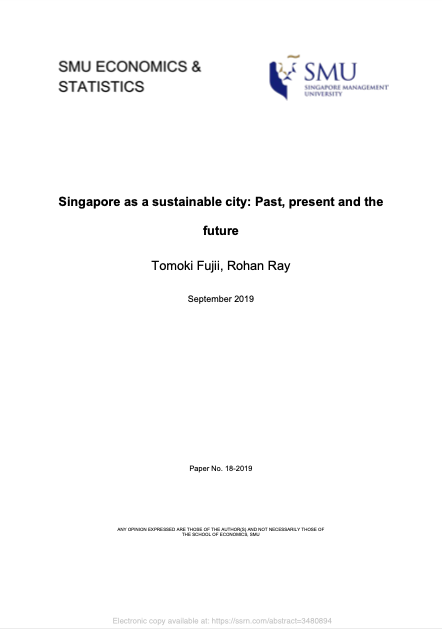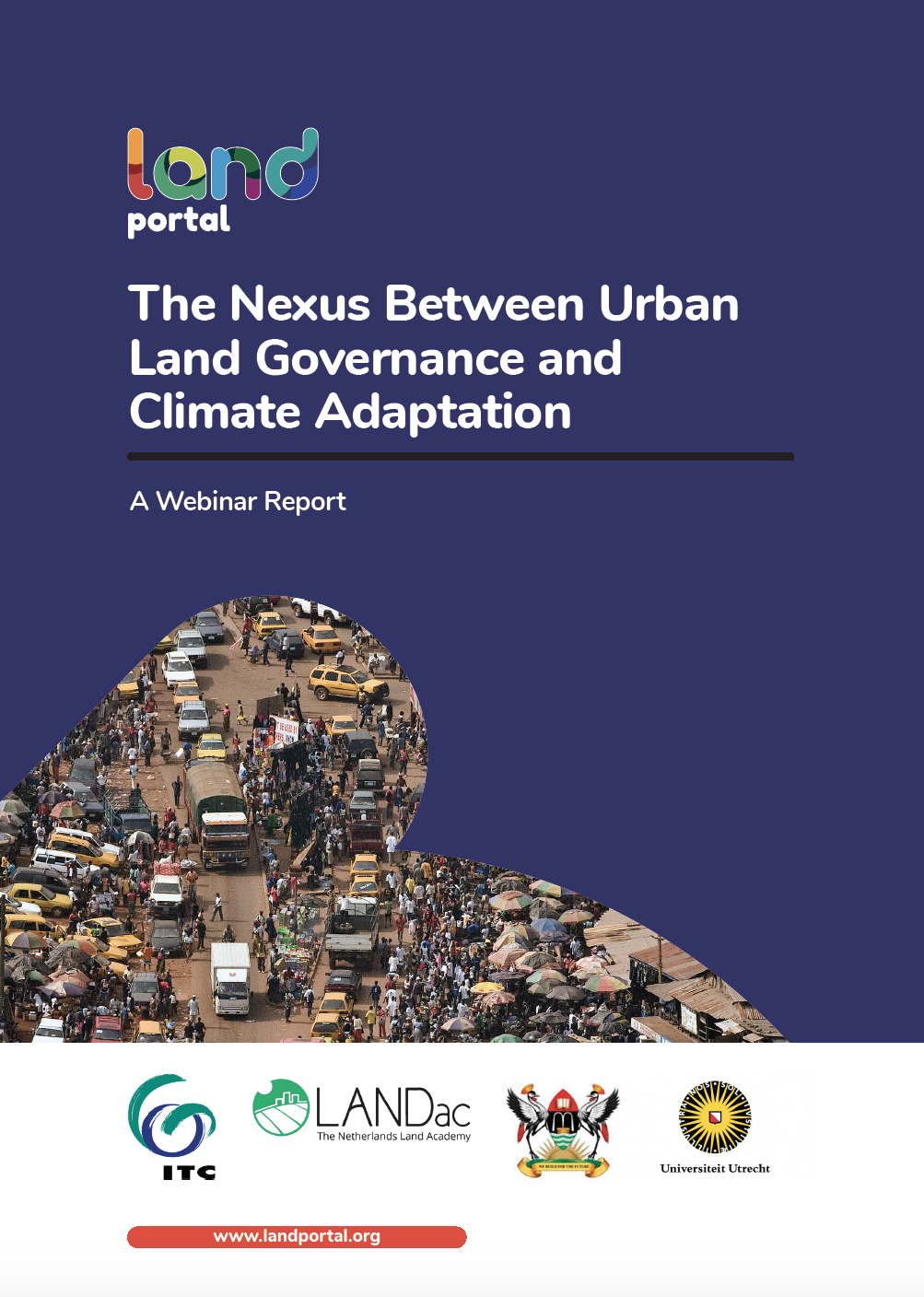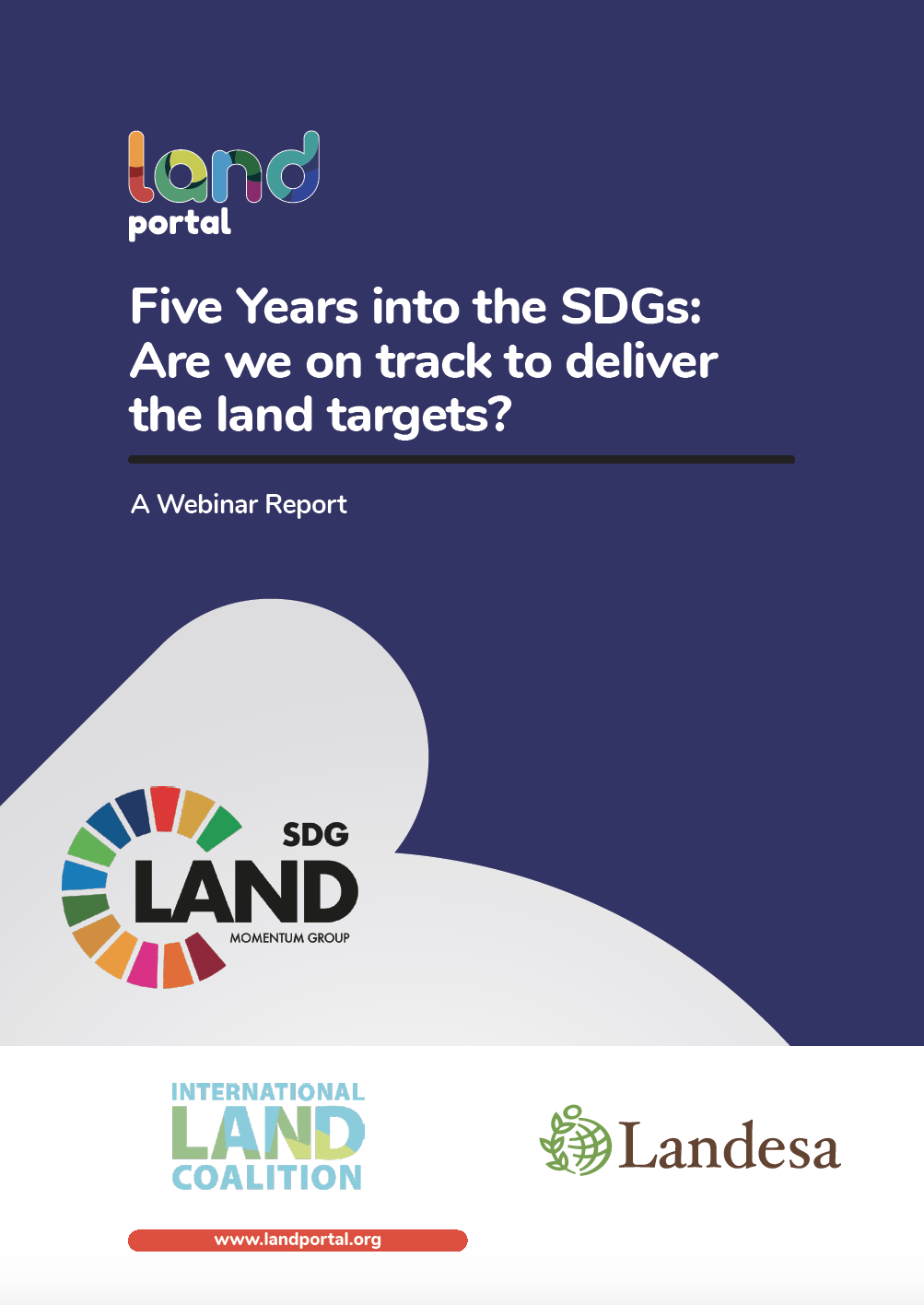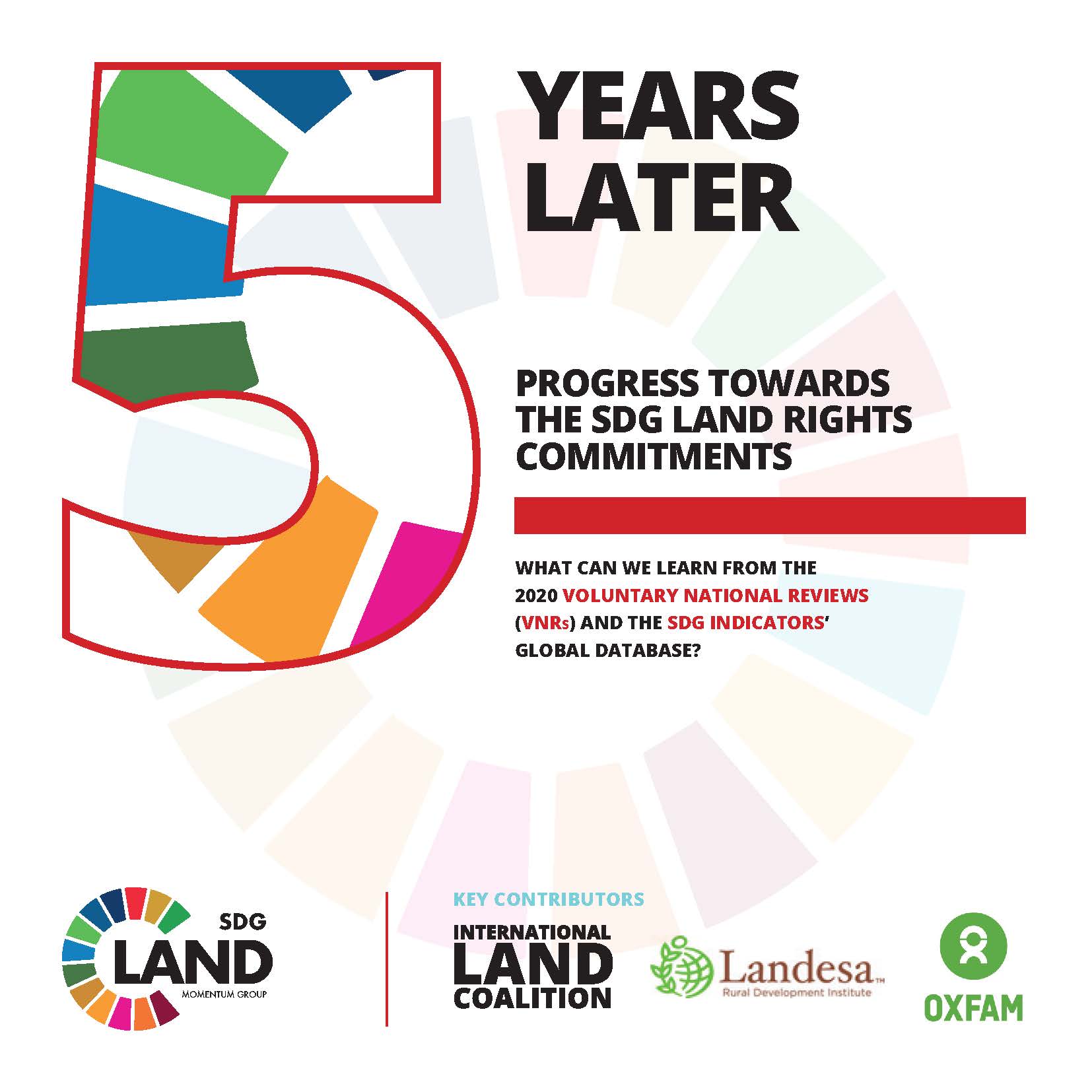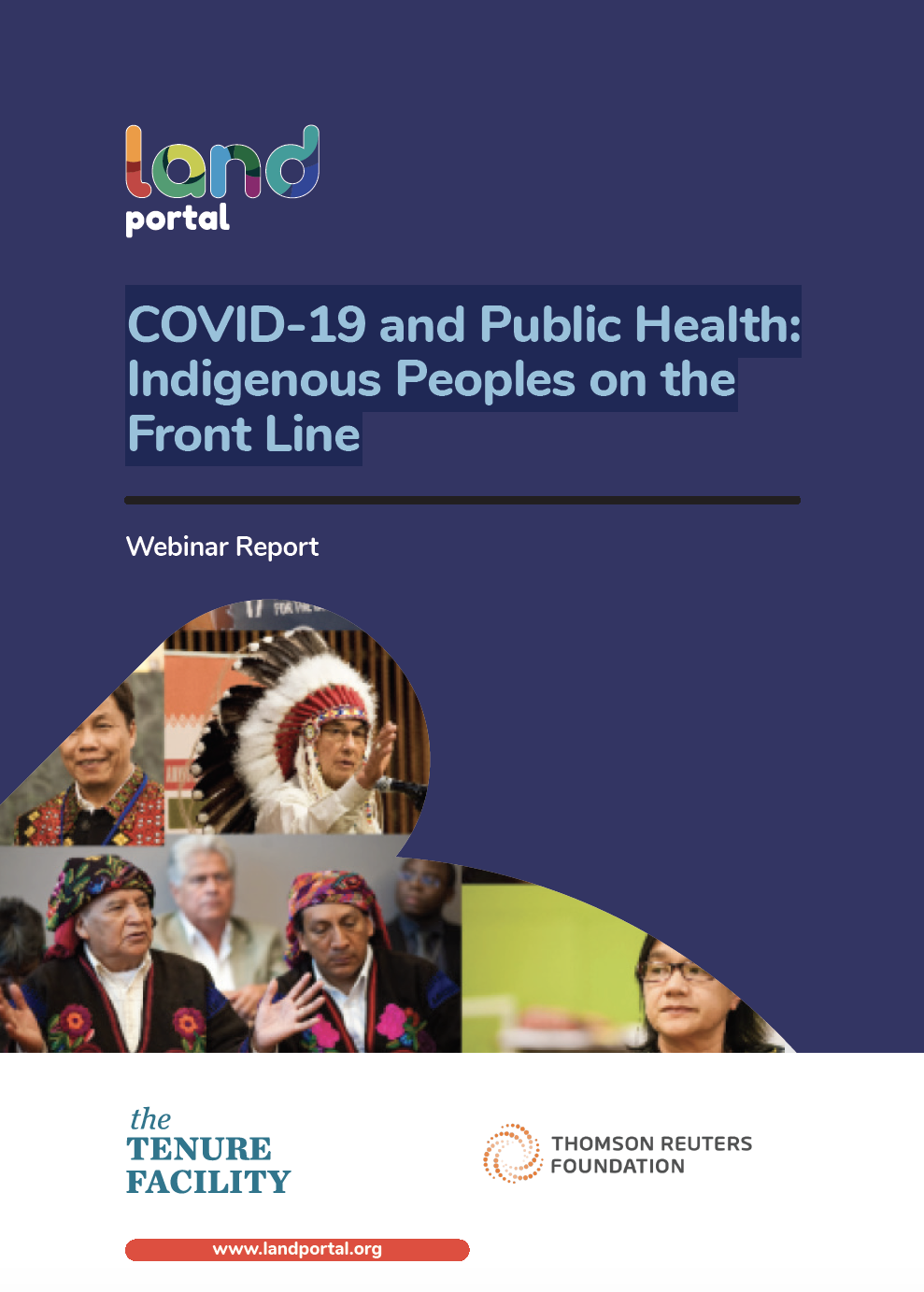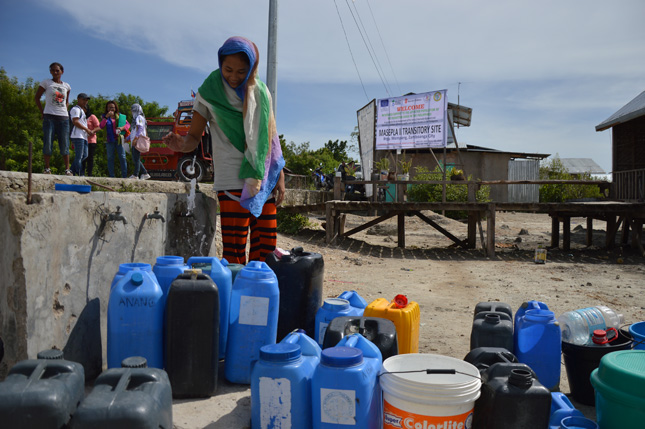Fluid dynamics: Water, knowledge, and power in the Mekong Delta
ABSTRACTED FROM THE FIRST TWO PARAGRAPHS: Over the past several years, the enormity of the environmental challenges facing the Mekong River Delta region of southern Vietnam has become increasingly clear. Climate change and dam construction on the upper reaches of the Mekong threaten to disrupt the flow of the river, making both droughts and floods ever more common. Meanwhile, the rapid intensification of rice agriculture in the Mekong Delta and the export-oriented cultivation of farmed fish and shrimp have increasingly strained.


